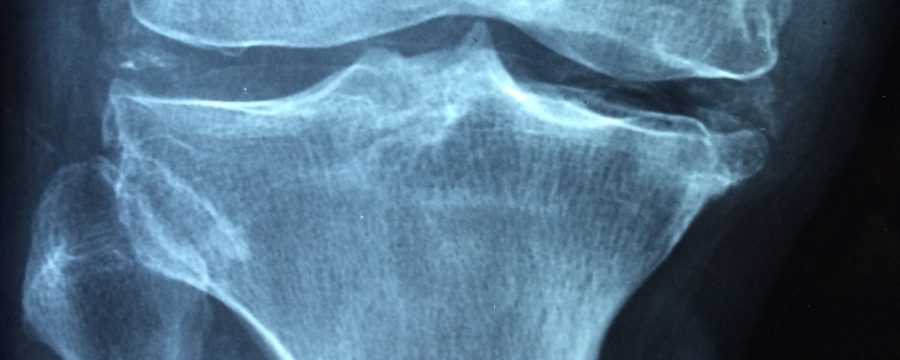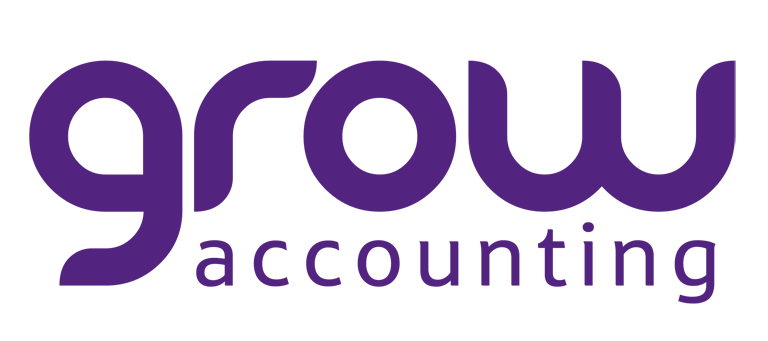
27 Oct Get Your Structure Wrong at Your Peril!
Choosing the Right Structure for Your Business is Critical
If you are starting out in business it is important to understand the difference between the structural options available to you. There are 4 common choices for your business but it’s rare I would ever recommend a partnership so you only have 3 options left:
- Sole Trader, or
- Company, or
- Trust.
While your specific circumstances are important, the two primary considerations are Risk and Tax, in that order.
Whenever I advise clients on business structure, risk is always the priority because getting it wrong can be financially devastating. Once you fully understand the risk aspects then tax becomes the secondary consideration. Protect your existing and future assets first then make sure we get the best tax outcome to maximise the value of your future wealth.
Risk
Your personal circumstances are important but the general objective here is to isolate your business risk from your personal assets. This is not possible if you choose to trade as a sole trader because your personal assets are fully exposed to your business risk.
A sole trader may be practical for a low risk start up business with limited funds but while it is the cheapest option in the short term, it does expose your personal assets including your family home to the business risk. Let me give you an example:
Bob’s Sole Trader Mowing Business
Bob operates a lawn mowing business. Low risk, right?
While mowing the lawn at a Noosa mansion a stone is ejected from the mower and hits the property owner in the knee. The resultant injury costs the property owner $50,000 in medical costs and means they must give up their lucrative professional ballroom dancing job for the next 12 months.
After a lengthy legal battle, Bob is ordered to pay his clients medical costs along with compensation for a further $50,000 loss of earnings. Bob also incurred $40,000 in legal costs of his own
How Does Structure Affect the Outcome?
Sole Trader Outcome = Financial Devastation
Bob must personally pay the $140,000 for the costs of the accident. To do that Bob must sell his brand-new business equipment, clean out his personal savings account, and sell his family home and move into rented accommodation.
If the funds available from the above outcomes are insufficient to meet the full $140,000 then Bob may have to consider bankruptcy. Not an ideal outcome.
Company & Trust Outcome = Limited Financial Consequences
If Bob was trading through a company (or trust with a company trustee) he would usually be protected from the business risk and associated claims against the company.
The company would have to pay the costs to the extent of the funds available to it (say $1,000 or so in its bank account). Generally, any shortfall would not need to be paid by Bob personally. Bob could retain the personal liability for his legal fees but knowing he had a Limited Liability Company and the protection of the Corporate Veil, Bob may have chosen not to defend the claim so would not have had such a large legal bill in the first place.
If Bob took proper advice when setting up his company he may even be able to keep all the mowing equipment and establish a new business, under a new company of course, to minimise the disruption to his income.
What About Income Tax
The second structural consideration is tax. Based on Bob’s new business earning $87,000, this simplified example shows the different tax outcomes of the 3 options. The best tax outcome and flexibility is usually achieved through a discretionary trust as summarised below:
| Sole Trader
Taxable Income $87,000 Tax Payable* $21,562 Income Streaming – None |
Company
Taxable Income $87,000 Tax Payable* $24,795 Income Streaming – Limited |
Discretionary Trust
Taxable Income $87,000 Tax Payable** $12,114 Income Streaming – Complete |
* Based on 2017 Income Tax rates ** Based on distributions to two adults and two minor children
Conclusion
Your specific circumstances will dictate the best outcome for your business so it is important to take advice early. In general, the best risk outcome is achieved with either a company or a trust (with a corporate trustee) and the best tax outcome and flexibility is most often achieved through a discretionary trust.
For more information give me a call in the office on (07) 5448 9600 or drop me a message.


